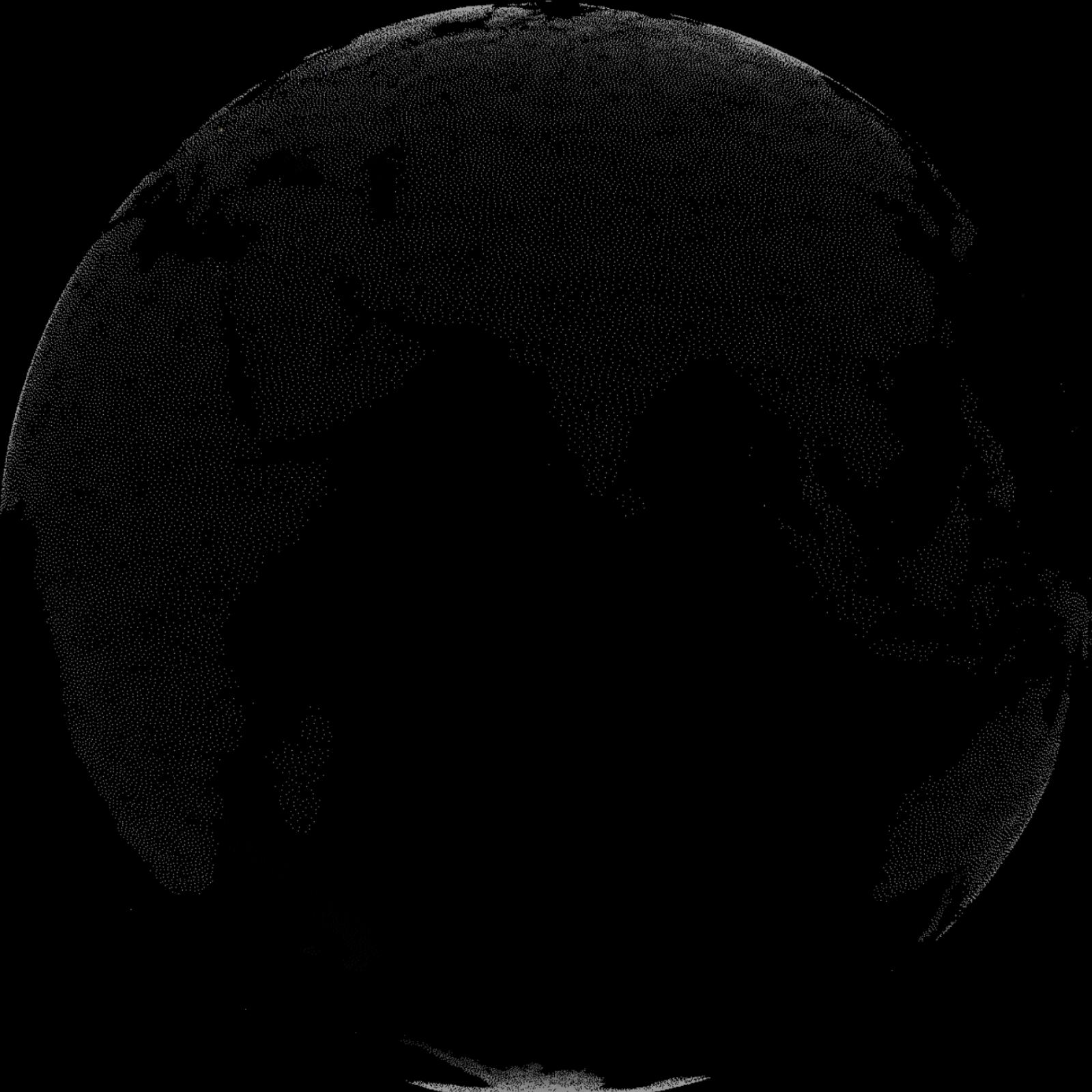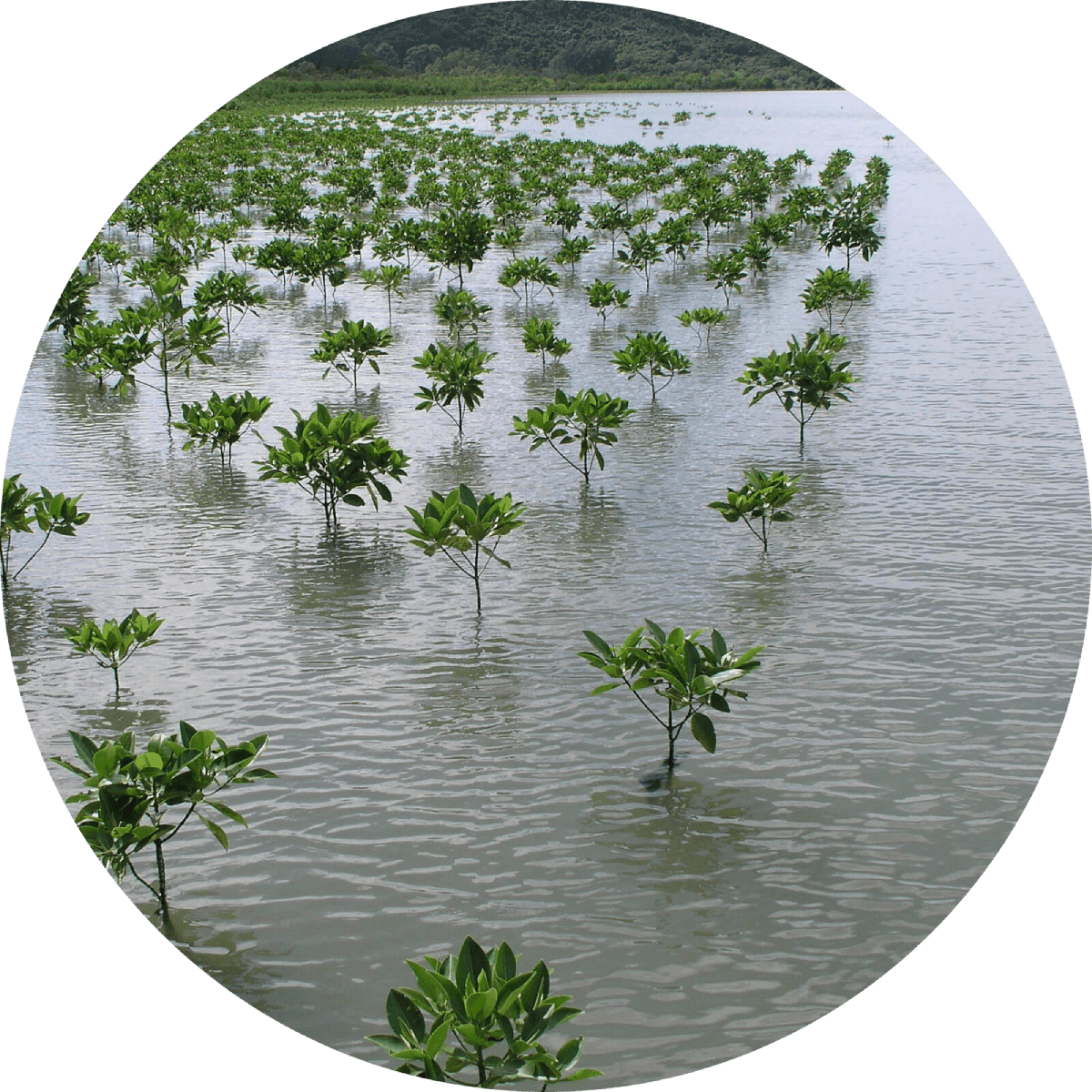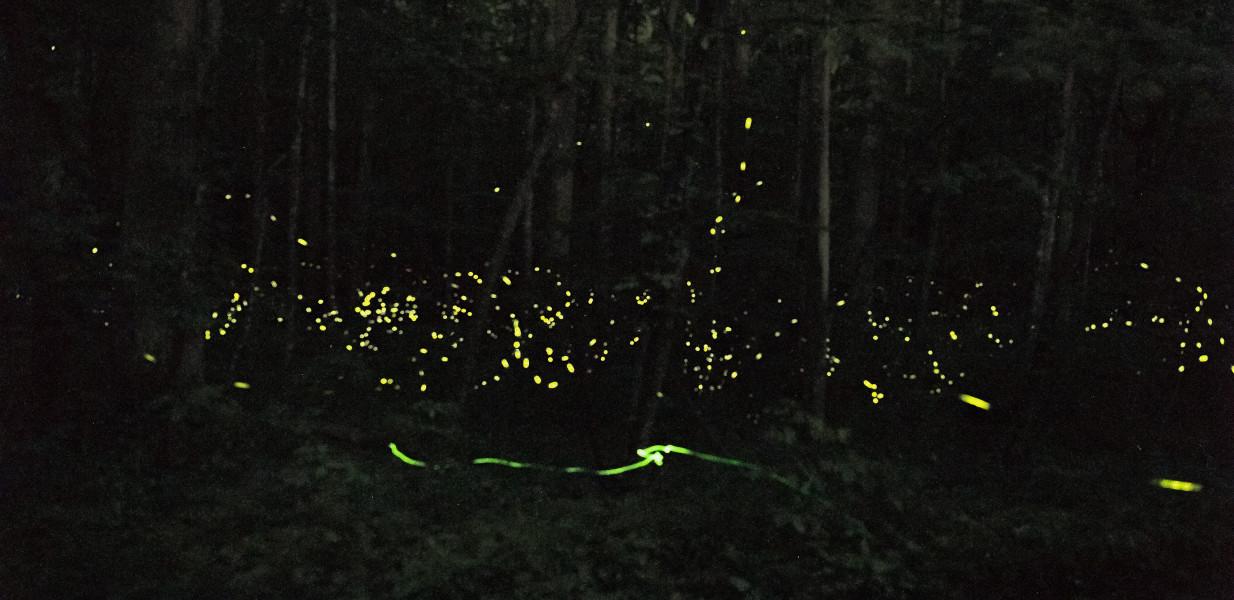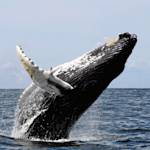Arabian humpback whale
2023 CE • Arabian Sea
"Arabian humpback whales, inhabiting the Arabian Sea, are a small sub population . . . which are most genetically distinct humpback whales and are considered to be the most isolated whale population on Earth." These humpbacks play a key role in the sea's ecosystem. "They help regulate the flow of food by sustaining a stable food chain and ensuring that certain animal species do not overpopulate the ocean. By producing nutrient rich feces, whales stimulate the production and growth of phytoplankton, which is not only an essential food source for several marine animals but also plays a huge role in extracting carbon from the air and trapping it under the ocean (carbon sinking). Estimates state that as much as 400,000 tonnes of carbon are extracted from the air due to these whales each year. Humpback whales are well-known to be susceptible to entanglement in fishing gear. Fishing effort off the coast of Pakistan is increasing and [the] fishing industry i[s] dominated by unselective fishing gear: gillnets." Whales become trapped in gillnets as bycatch, often dragging the nets for miles and drowning from fatigue. "Humpbacks are also susceptible to habitat destruction because of increasing oil exploration activities. Plastic marine pollution is one of the biggest threats to these animals[:] they can easily ingest plastics which can clog their digestive system resulting in death in most cases." It is estimated that fewer than 100 individuals remain in the Arabian Sea.
"Arabian Humpback Whale," World Wildlife Fund.
Image: Public domain via Wallpaper Flare


Learn about Maya Lin’s fifth and final memorial: a multi-platform science based artwork that presents an ecological history of our world - past, present, and future.

Discover ecological histories and stories of former abundance, loss, and recovery on the map of memory.

Learn how we can reduce our emissions and protect and restore species and habitats – around the world.

See how art can help us rethink the problems we face, and give us hope that each one of us can make a difference.

Help make a global memorial something personal and close to home. Share your stories of the natural world.


